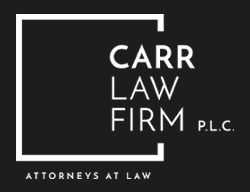When the marriage is over and divorce is on the horizon, one of the most contentious subjects the couple will have to deal with is the division of the marital property. At a very basic level, marital property refers to the assets and debts the couple accumulated while married.
Iowa is an equitable distribution state. Basically, this means that marital property must be divided equitably in the event of a divorce. This does not necessarily mean a 50-50 split. Rather, it means that the court will oversee the split in a manner that it deems fair to both parties.
But what about credit card debt?
Credit card debt can be a tricky subject during a divorce. If the couple cannot agree on how to handle the credit card debt, the court will have to step in. While reaching a decision, the court will consider the following:
- If it is a joint credit card – if you jointly own the credit card, and used it to make a purchase that advanced the household’s interests like grocery or utility bills, then both spouses will likely be responsible for the debt. Unless one party owns up to the debt, the court will split it equitably.
- If the card is in either spouse’s name – if either spouse took out the credit card in their name, they are technically responsible for the debt. As far as the credit card company is concerned, the individual who signed the contract owes the money. However, if they can prove that they used the card to finance the household’s interests, then the court may ask both spouses to settle it.
Protecting your interests
Debt division can be a contentious subject during the divorce. Understanding how Iowa property division law works can help you safeguard your interests while addressing the subject of credit card debt.

